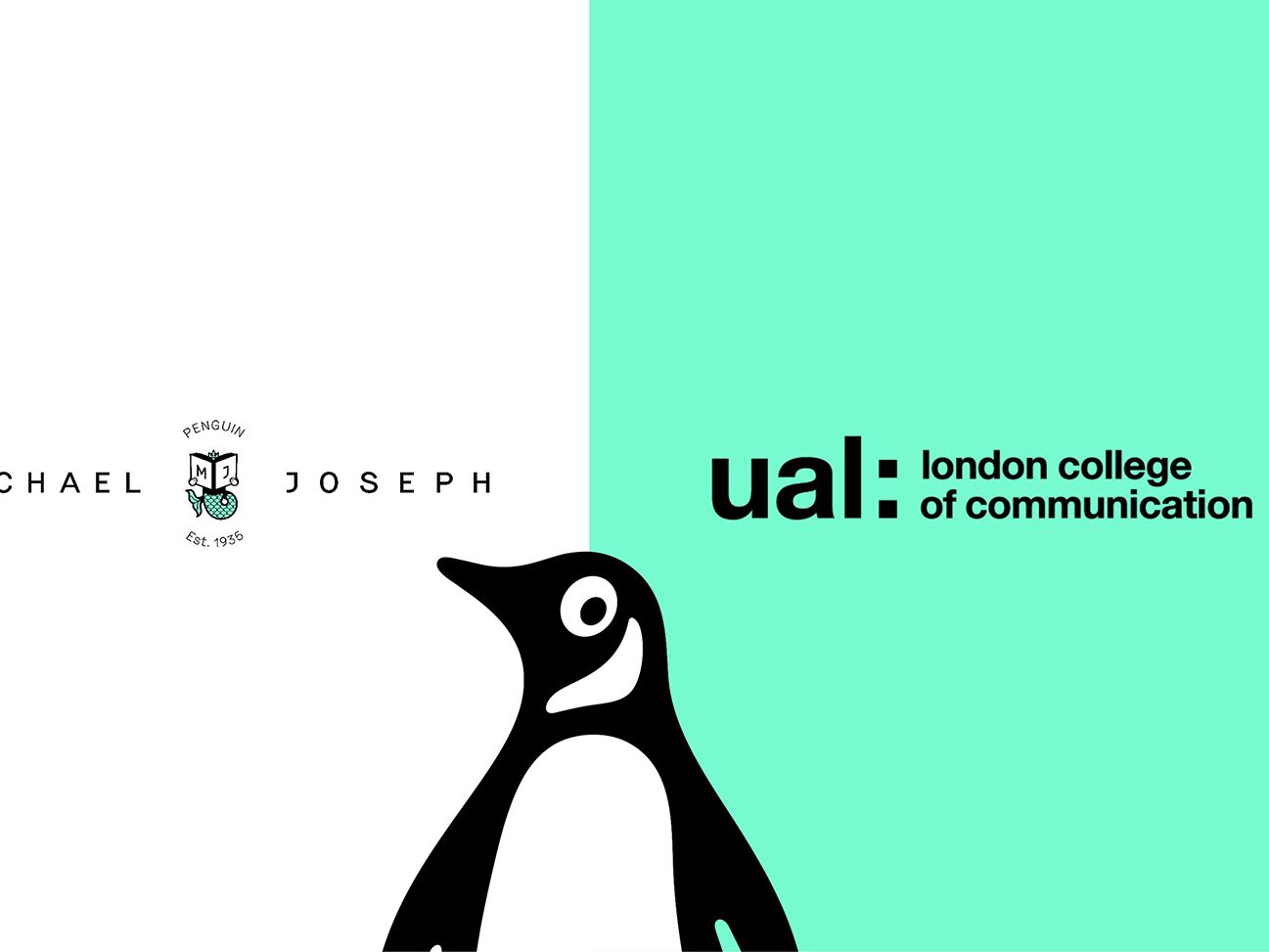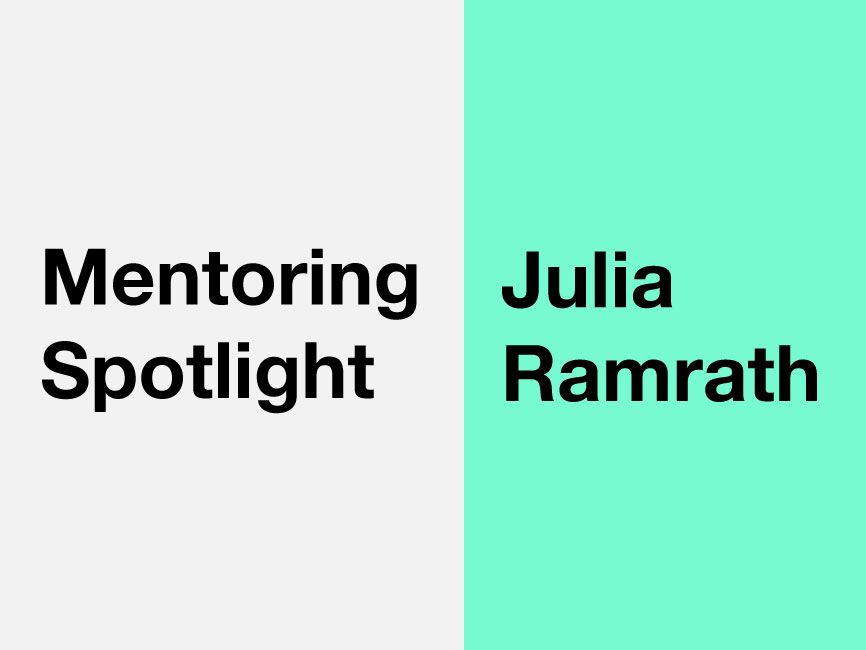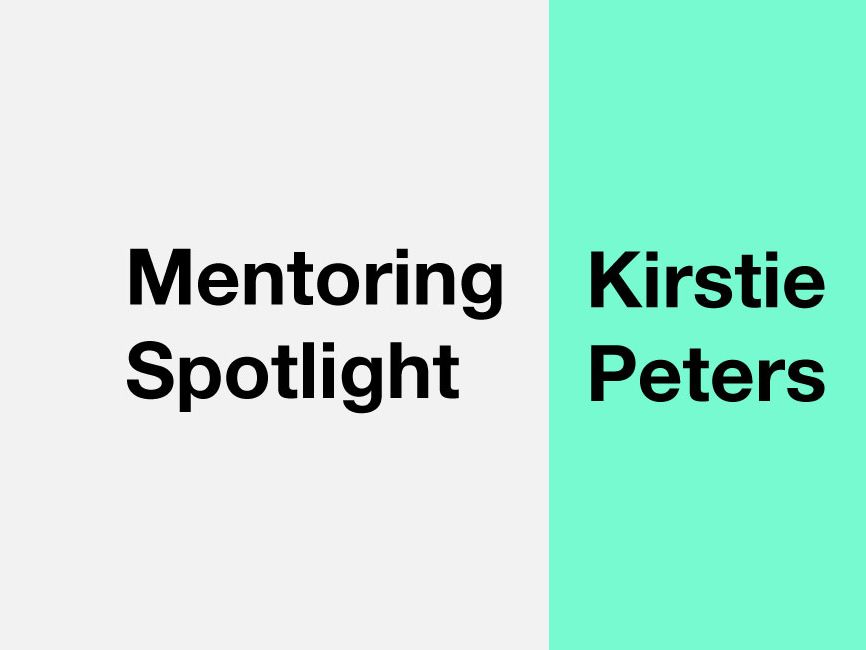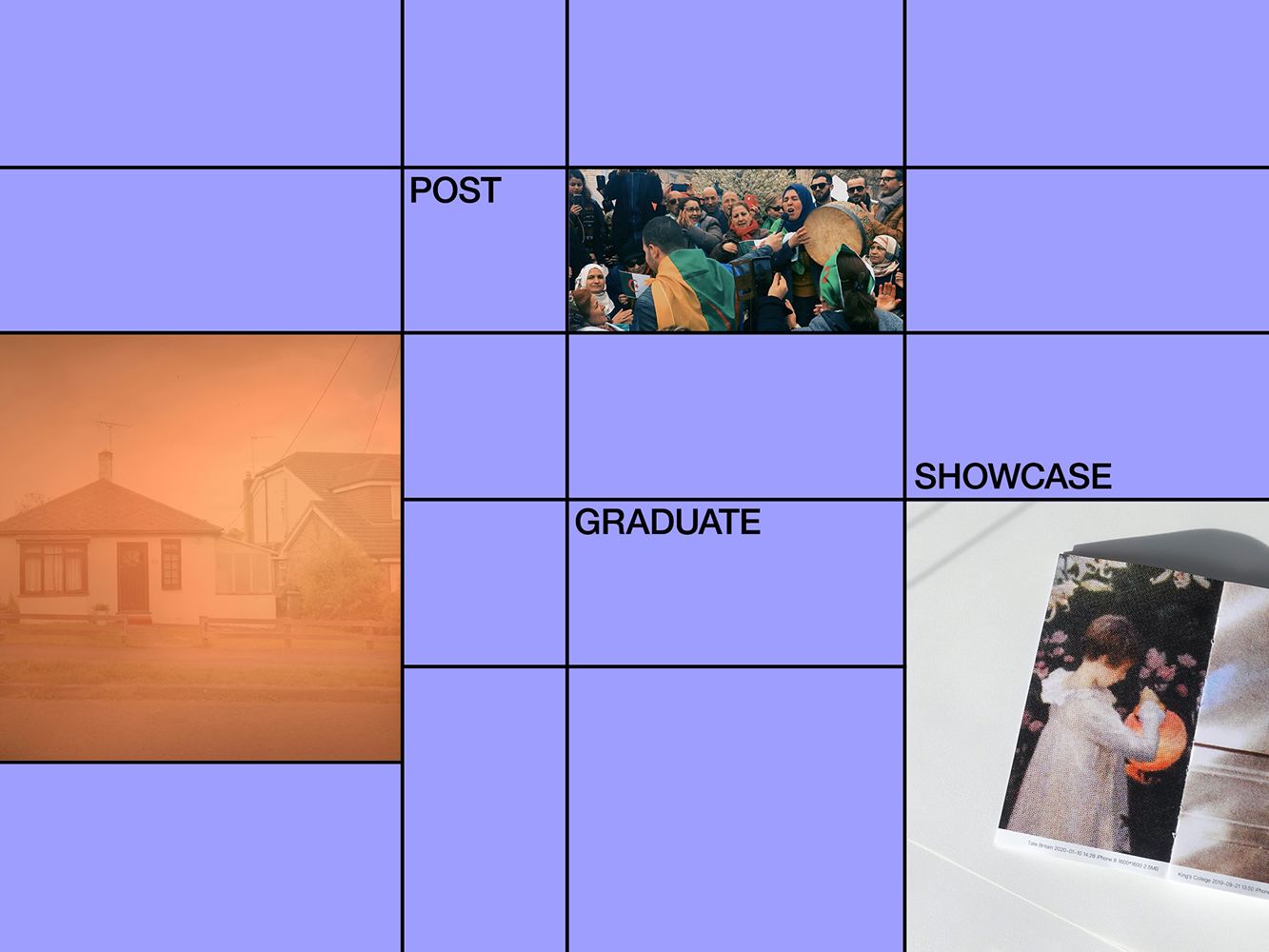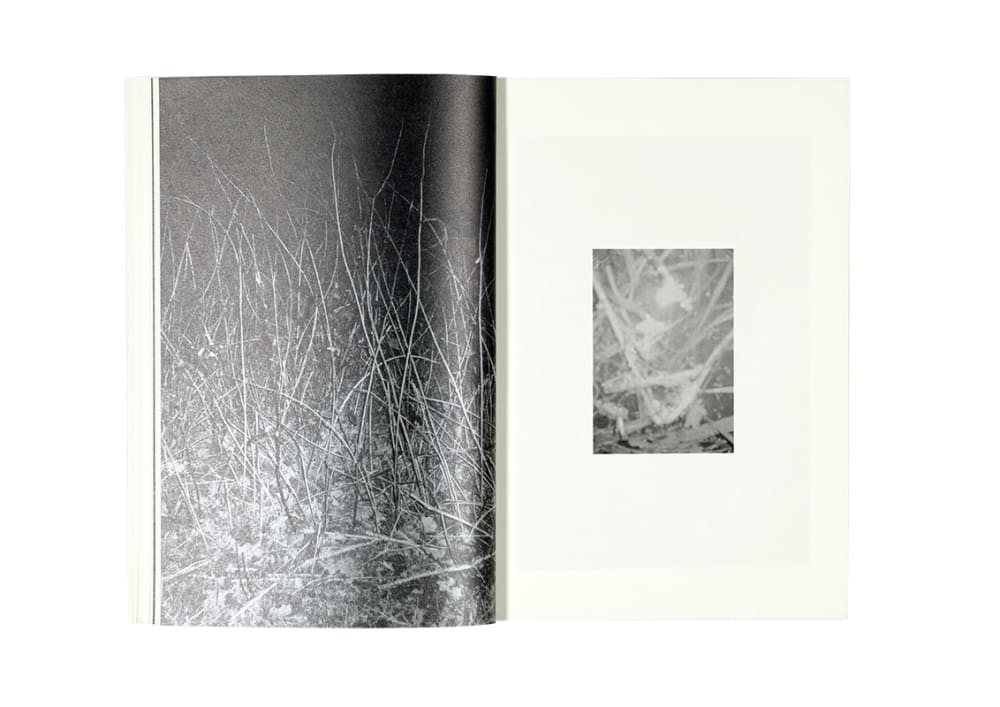
Mentoring Spotlight: Jack Matts
- Written byChloe Murphy
- Published date 09 April 2021
Mentorship is a key tool for supporting students throughout their journey from education to industry. Bringing together professional insights, connections and expertise, mentors can support emerging creatives to navigate the first steps of their careers, developing their understanding of chosen sectors while providing invaluable guidance during what a daunting period of their lives.
London College of Communication (LCC) has collaborated with renowned publishing house, Penguin Michael Joseph, to develop a mentoring initiative that matches MA Publishing and BA (Hons) Magazine Journalism and Publishing students with team members across Editorial, Communications, Sales and Design.
Through a series of 1:1 digital sessions, both mentor and mentee are given the space to share their knowledge and their experiences, opening up opportunities for discussion on creative thinking, the contemporary job market and ways to explore the publishing landscape.
We chatted to recent MA Publishing graduate and Penguin Michael Joseph mentee, Jack Matts, about his interest in the potential of ‘hybrid’ books, his experience of taking part in the mentorship programme, and his career aspirations as a designer and book producer.
Have you always been interested in publishing, or is this a subject you've gravitated to over time?
My interest in publishing sparked during the second year of my undergraduate photography degree, when I began to gravitate towards the book form as a tool for creating a photographic narrative.
Studying publishing at LCC was the perfect opportunity to further my passion for books through a course that emphasises the theoretical concepts of publishing and book production processes.
Is there a particular theme or area that you’re interested in exploring through your publishing practice?
There are many themes across publishing discourse that I’ve become interested in throughout my studies. I particularly enjoy considering the physical construction of photo and art books as a fundamental form, which was also the topic I researched for my final major project.
I explored the potential of constructing a ‘hybrid’ book by using electronic making techniques as a tool for furthering the physical restrictions of the printed page. Fixed layout EPUB documents established an opportunity to further a photographic narrative through digital work that incorporated audio and moving image.
I feel passionate about this discourse, and my research pushes against electronic books being disregarded as art forms through the photo/art book industry; instead, print and electronic books could work in harmony to produce ‘hybrid’ products.
How did you find out about the mentoring initiative, and why did you decide to get involved?
Our Course Leader, Frania Hall, invited MA Publishing students to sign up. During this process, we were asked to provide our interests in publishing to ensure the correct mentor/mentee partnership could be created.
Before the MA course, I hadn’t met with many professionals working within the publishing industry, and this opportunity established the perfect chance to chat and gain some insight into the publishing world.
How did you and your mentor work together?
The structure of our meetings was very relaxed and the timings of the sessions suited both of our schedules. I met my mentor 4 times throughout the allocated timeline set out by the mentorship scheme, and these sessions consisted of lots of industry discussions, job application guidance and general publishing discourse. We also had a mutual passion for photo and art books, so spent lots of time deliberating this canon.
All of the discussions proved hugely helpful throughout my practice, sparking lots of conversation and further research topics to explore.
What were the best things about the opportunity?
My mentor became a huge inspiration throughout both my personal practice and university work. His openness and kindness made the mentoring sessions thoroughly enjoyable and worthwhile; I came away from the scheme so much more confident about my publishing journey. I also enjoyed the relaxed nature of the sessions as there wasn’t any pressure to focus upon particular topics or themes.
Throughout the process, I gained an incredible insight into the creative industry that my mentor worked in and the route that he took before working in his current role.

How has the mentoring initiative helped you to develop your career plans?
I think it’s really had a huge influence on developing my career plans. The sessions with my mentor allowed me to focus on certain roles that would be best suited to my skills, while working with him on my CV and prospective cover letters helped my understanding of the job application process.
With the recent completion of my MA, I now understand the career path I’d love to pursue and the steps to achieve this. I’m hugely thankful to Penguin Michael Joseph and LCC for setting up this mentoring opportunity as it came at the perfect time, delivering a huge confidence boost during the process of finishing my studies.
What were the highlights of your time on MA Publishing?
There were so many highlights from my time as a student at LCC.
Learning from tutors with years of publishing experience to share became eye-opening for my independent research and publishing ambitions.
My interests in the production and physical construction of a book also meant I spent a large amount of my time in the print room, which was a space that created opportunities for vast amounts of book-making experimentation. I could explore a range of printing processes, working closely with print technicians and collaborating on a multitude of book-making projects.
What are your career aspirations?
Book production and design roles within the publishing industry will certainly be at the forefront of my career aspirations.
Using both my electronic and physical publishing skills in a company that shows passion for the tangibility of books would be my main passion, and would be hugely relatable to my practice. I find the production of books fascinating, so learning the ins and outs of production and assisting in the process from manuscript to physical book would be truly incredible.
I would also very much like to establish an independent photobook publisher that collaborates with book-makers and photographers to produce photobooks with both digital and print features.
What are your top tips for other students who are interested in finding out more about the field?
My advice is to:
- Use this MA course as a way to really narrow down the particular aspect of publishing that interests you.
- Take advantage of all the facilities, recourses and knowledge that the course has to offer.
- Open your mind to new topics, reading and ways of making will further that passion you hold for publishing.
Related links:
- Find out more about Penguin Michael Joseph.
- Explore MA Publishing at LCC.
- Learn more about our Media School.
